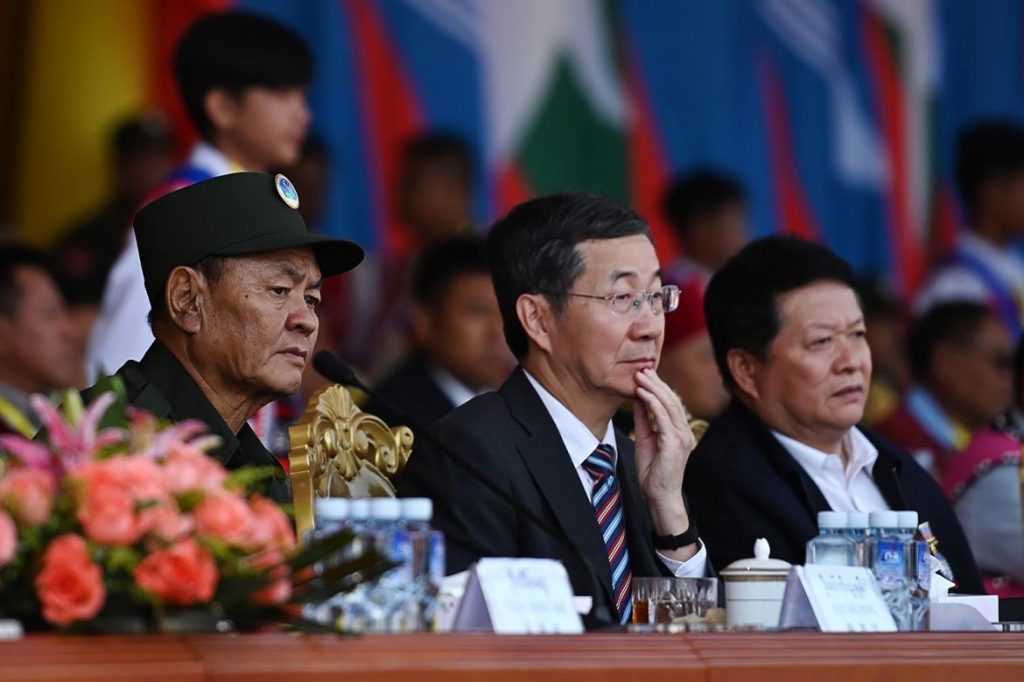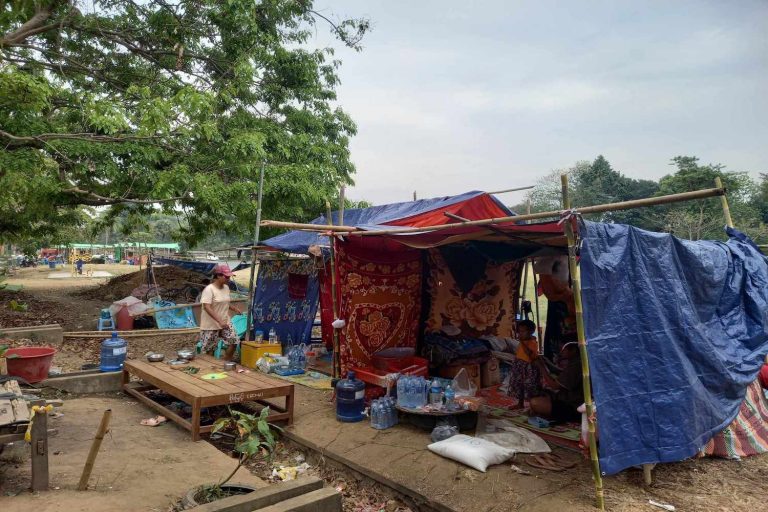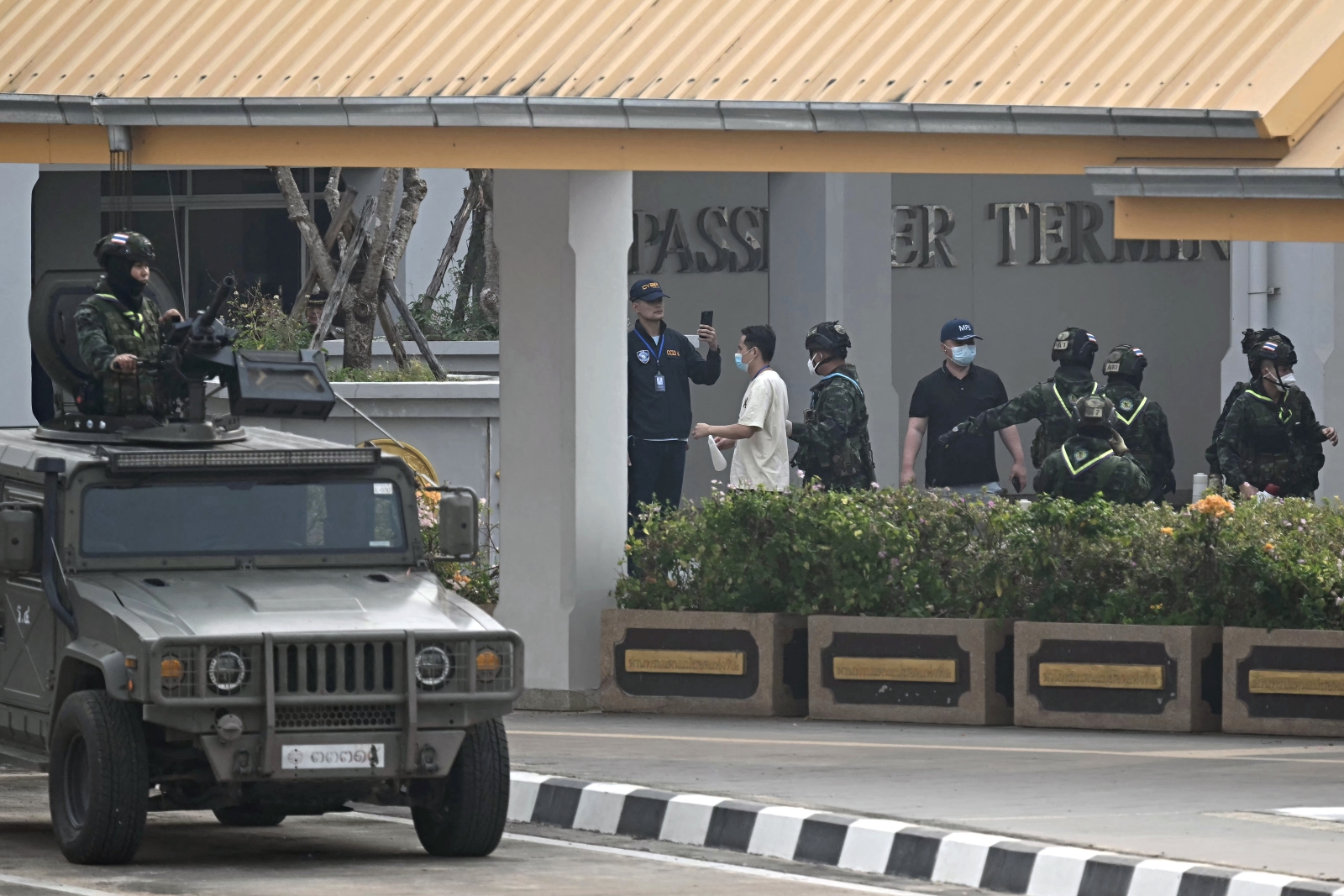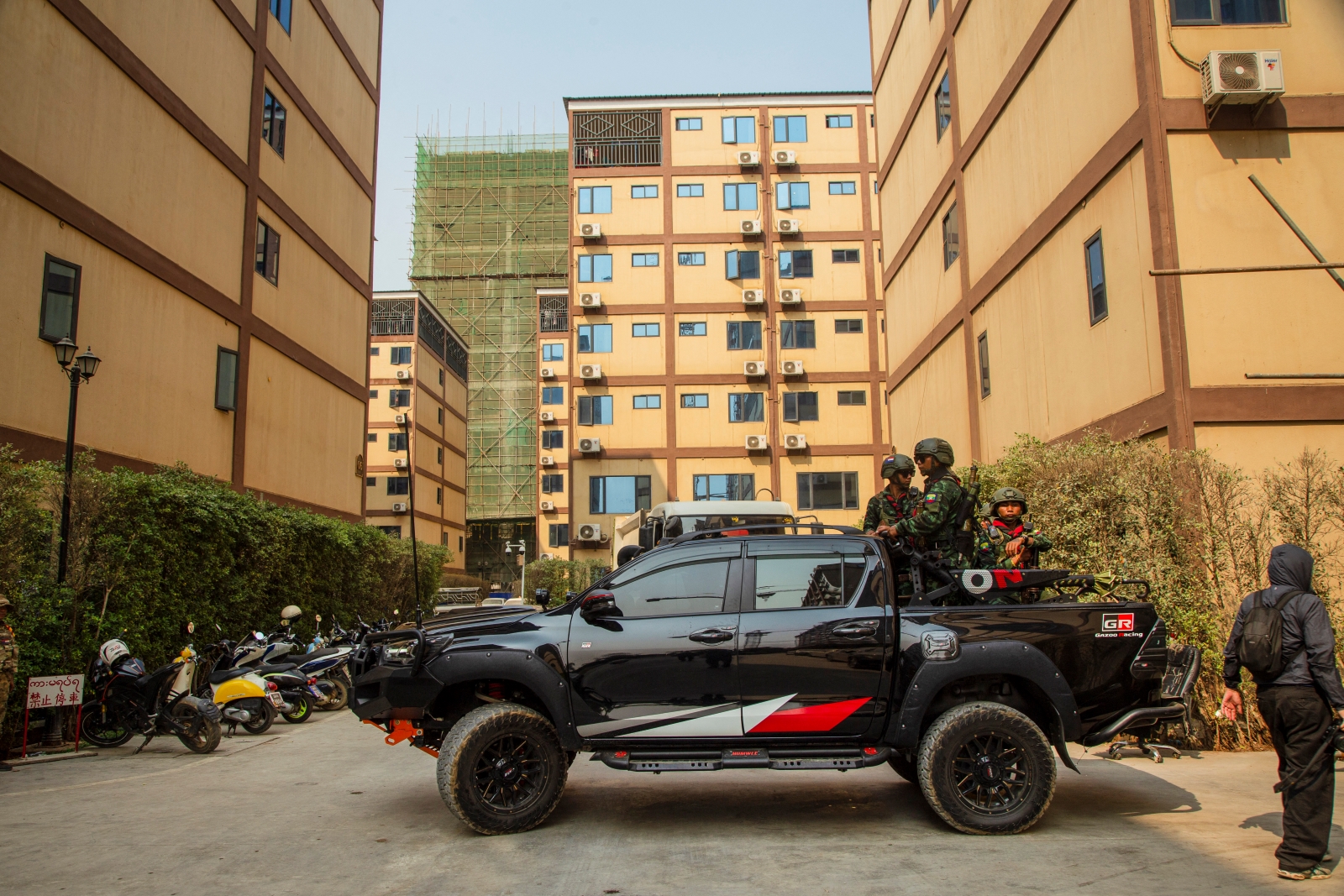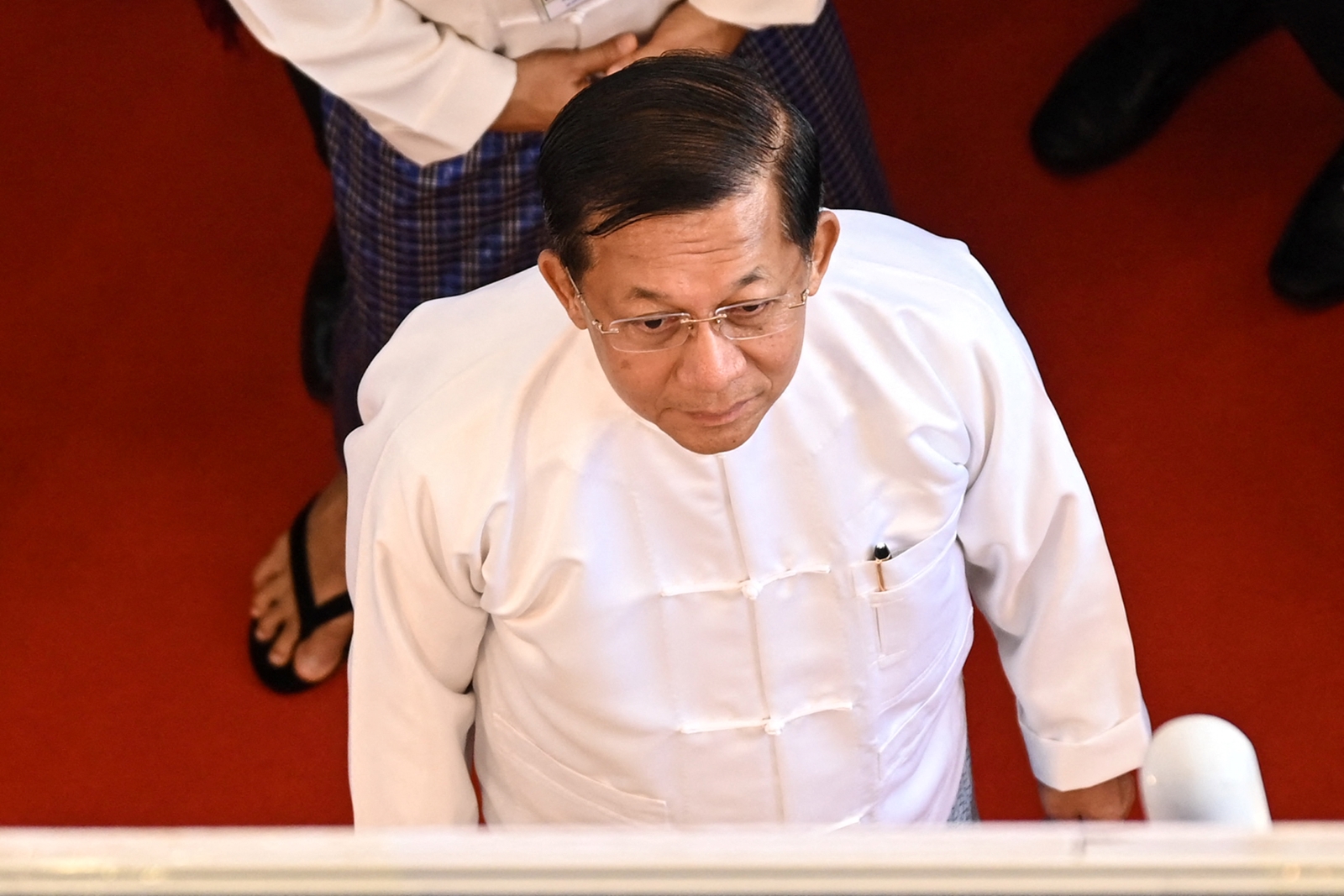In the first of a two-part series, contributor Yun Sun examines the different approaches China has taken to mediating in Myanmar’s armed conflicts, and why it has begun to adopt a more limited – yet still important – role.
By YUN SUN | FRONTIER
SINCE Myanmar’s current peace process began eight years ago, ethnic reconciliation has become a benchmark in evaluating progress of the Myanmar nation and state, alongside civil-military relations and economic development.
China is undeniably a major stakeholder in this process. Many of Myanmar’s non-state armed groups hold territory along or close to the 2,000-kilometre border that it shares with China, and armed conflict along the border has the potential to undermine China’s national security. For China, this creates an impulse – even a need – to intervene in and mediate the conflict.
Previously, the political justification for intervention in Myanmar’s conflicts had been a problem, especially in the context of China’s principle of non-interference in other countries’ internal affairs. However, that obstacle was removed long ago by citing the direct impact of the conflict on China’s core national interests. When the internal affairs of Myanmar create instability and insecurity on the shared border, it was seen as having become China’s business, reconciling the gap between the need to intervene and the principle of non-interference.
Despite its recent active diplomacy, China has still limited its mediation role to that of a convener and a logistical facilitator rather than an agenda-setter, a broker or an external guarantor. Its role is characterised by a limited bottom line focused on a military ceasefire, rather than a political agreement about the peace mechanism and a power distribution between the Bamar and the ethnic minorities. As such, the process and formality of dialogue is more important than a substantive outcome.
Special envoy diplomacy
Support more independent journalism like this. Sign up to be a Frontier member.
China’s official intervention or mediation in Myanmar’s ethnic conflicts began in early 2013, when the escalation of the Kachin conflict threatened China’s border security. Consequently, the Chinese government appointed the first special envoy for Asian affairs, Wang Yingfan, to intervene by facilitating dialogue in Yunnan Province between the Kachin Independence Organisation and the Myanmar central government and military.
China’s intervention peaked after the Kokang crisis erupted in February 2015, when amid heavy fighting the Tatmadaw shelled Chinese territory, resulting in the deaths of Chinese civilians. This greatly aggravated China’s threat perception and even prompted a military response; in June 2015 China resorted to live-fire drills on the border to pressure both sides of the conflict to force a ceasefire.
But the Kokang crisis and expansion of conflict into Chinese territory were also perceived as a failure of China’s mediation and diplomacy, and ambassador Wang was soon replaced by Sun Guoxiang.
This appointment represented a new era in China’s role and approach to Myanmar’s peace process. Ambassador Sun has adopted a far more patient and hands-on approach in mediating the conflict between the ethnic armed organisations and the Myanmar government and military. But Sun’s approach has also at times upset the ethnic armed groups – most notably when he called their representatives to Yunnan, only to then force them onto a plane so they could fly down to Nay Pyi Taw to attend the second 21st Century Panglong Union Peace Conference in May 2017. His intervention came in response to State Counsellor Daw Aung San Suu Kyi’s formal appeal for assistance to Chinese President Xi Jinping during the Belt and Road Forum the previous month.
China’s current mediation strategy is clear. It prioritises the continuation of the peace talks between the Federal Political Negotiation and Consultative Committee, led by the United Wa State Army, and the Tatmadaw. However, what China prioritises most is the process, rather than the result. From the Chinese perspective, as long as the peace dialogue continues and major armed conflict is prevented on the Chinese border, China’s interests are protected.
Under this framework, one of the top achievements for China before the end of 2018 was the “inclusiveness” of the peace process: the Myanmar authorities’ refusal to accept the involvement of three groups – the Myanmar National Democratic Alliance Army, the Ta’ang National Liberation Army and the Arakan Army – had been an obstacle to the peace process in the sense that the FPNCC had regarded the inclusion of these groups as legitimate and their participation was a precondition for dialogue to move forward.
Inclusiveness was finally achieved on December 12, 2018, after a meeting China orchestrated in Kunming among the three groups, the FPNCC, and the Tatmadaw. In a statement that the MNDAA, the TNLA, and the AA released right after the meeting, they agreed to “firstly stop military actions and to create a good peace situation through political means beyond military means to achieve peace early”. However, this commitment to peace rapidly crumbled three weeks later, after the AA began to launch attacks in Rakhine and Chin states.
Moderate bottom lines and moderate roles
In the four years under ambassador Sun’s tenure so far, China has tested a range of different potential roles for itself, including that of convener, broker, agenda-setter, dialogue facilitator and guarantor. Its experience so far has prompted it to conclude that China’s most effective role is ensuring the continuation of dialogue; in other words, China’s role lies in the process rather than the result.
Other than China’s bottom-line issues, such as a military ceasefire, China has stayed away from setting the agenda, such as the conditions or processes that could lead to “disarmament, demobilisation, and reintegration” or intervening on the issue of the UWSA’s request to be granted the status of an ethnic state. The experiment China has conducted in the Myanmar peace process has fallen short of the use of pressure to force either or both sides to accept a specific concrete result, let alone brokering a deal or compromise between the Myanmar authorities and the ethnic armed groups. China has also refrained from acting as an external guarantor of any deal that might be reached in the Myanmar peace process. Although it would like to take credit as a mediator of the peace process, its achievements are primarily limited as the convener of dialogue when both sides lack the momentum to continue.
The Chinese return to a more moderate approach reflects multiple considerations. First, China remains deeply pessimistic and sceptical about the future of Myanmar’s peace process. Many, if not most in China believe that the West has a simplistic understanding of the complexity of the reality of the ethnic and national-identity issues in northern Myanmar. For them, the peace process – ambitious and important as it is – is not guaranteed a successful ending, unlike what Western mediators would like to believe.
The Myanmar nation, in their view, has always been an artificial creation based on colonialism, deception and exploitation of ethnic minorities by the majority Bamar since the Panglong Agreement signed in 1947. Therefore, for the Chinese, the integrity of such a nation is not warranted and it may not even be just. In this sense, China’s assessment of the endgame of the peace process is largely different from the West’s, in that its expectations regarding the timing and the result are much lower.
China’s decreased enthusiasm in active mediation is also due to China’s moderate goals. China’s bottom-line interest lies in a tranquil border with Myanmar, meaning no war and no conflict. As long as tensions do not escalate into major armed conflict, China can afford for peace dialogues to continue without substantive success (which, in the eyes of the Chinese, is unlikely in the first place). Ambassador Sun’s efforts to keep the conversation open and to convene meetings regularly in China have been successful in ensuring this bottom-line interest of China. Therefore, there is little motivation for China to increase pressure on participants to push forward dialogue.
The Chinese identify major downsides if they were to play an enhanced, substantive role in the peace process. The assertiveness of the Tatmadaw, especially in recent months, is believed to be linked to the upcoming 2020 elections and the military’s need to defend its role in Myanmar’s domestic politics. China is reluctant to appear to be taking sides in the elections as its top priority is to maintain good relations with all political forces in the country. Therefore, there is real concern that a major intervention will be immediately interpreted as China abandoning its non-interference principle, and could turn domestic public opinion in Myanmar against it.
Facilitator, not enforcer
China is playing an active role in Myanmar’s peace process, facilitating the continuation of dialogue and ensuring communication channels remain open regardless of the state of armed conflict. However, In the eyes of the Chinese government, it is not its role to draft a peace document, design a peace mechanism or even set the agenda for political dialogue between the ethnic armed groups and the Myanmar government and military. This has disappointed those who hoped that China might take on a guarantor role in respect to agreements reached through the negotiation process. However, China doesn’t consider itself as capable of extra-territorial jurisdiction or monitoring to adjudicate any disputes that do arise from these agreements.
China’s experiment with conflict mediation in Myanmar should be encouraged, though, because its presence even as a facilitator and witness carries strong weight. As a global great power, China is a major stakeholder in many regional conflicts and should be seeking to influence them in a positive way. Its experiences with conflict mediation in Myanmar will offer important lessons in other conflict issues where China is and will be involved. In that sense, the baby steps in Myanmar have a long but important way to go.


